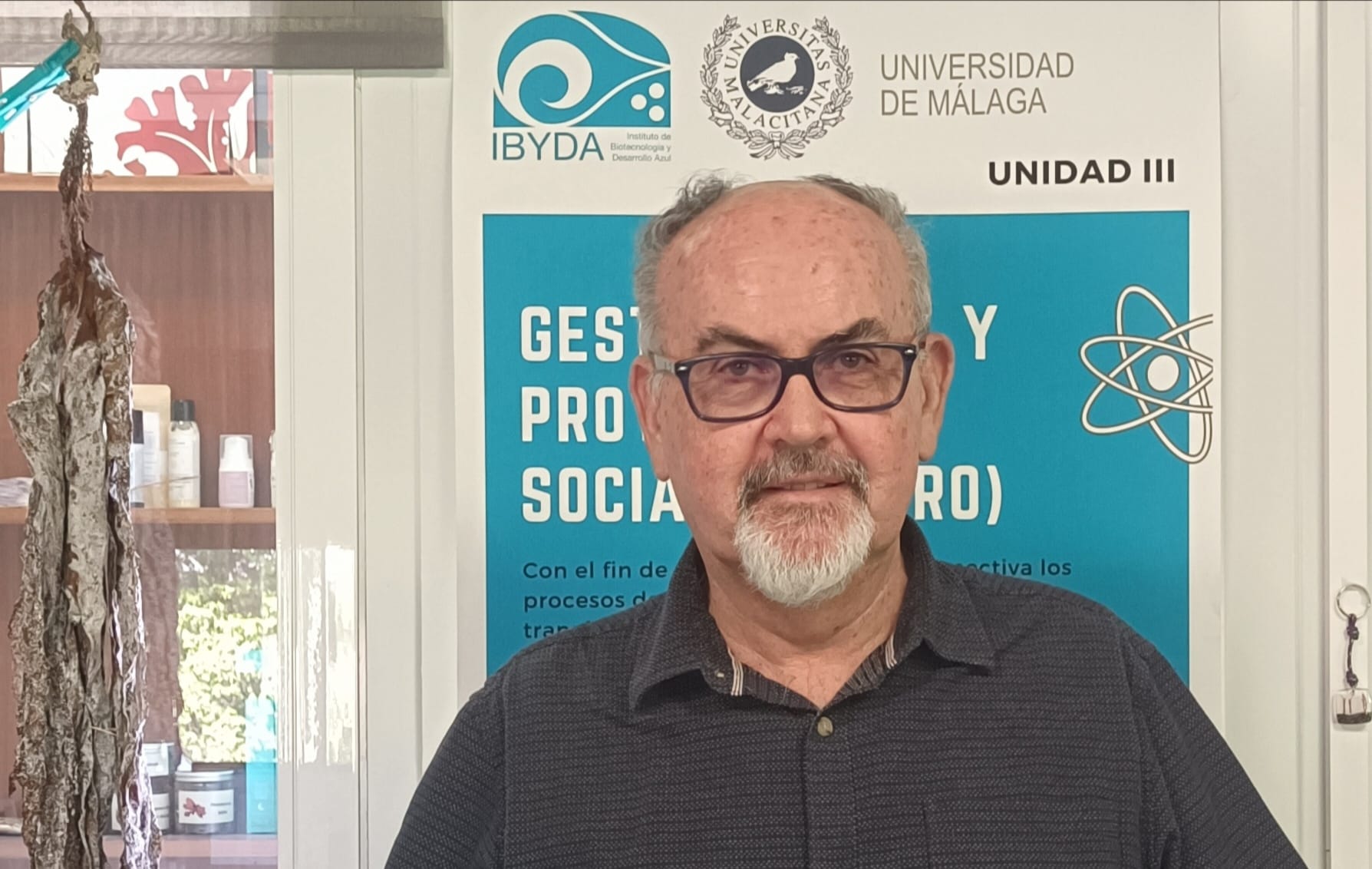

May 2025

Abstract:
Marine algae and cyanobacteria biomass contains bioactive compounds of interest for food, feed, cosmetics and health, among others. Cosmeceutical products as UV screen creams present both cosmetic and pharmacology applications . Photoprotection against UV radiation by using physical and chemical filters is a strategy to reduces the negative effects of UV radiation on human health, but the safety of certain UV-filters for both our health and the environment has been questioned in the last years. Some synthetic UV-filters have shown negative effects on human health, related to endocrine disruptions, photoallergies and oxidative stress and on marine environment (phytoplankton damage, coral bleaching and hormone disorder in marine mammals). Thus, it is necessary to development alternative UV-filters that are natural, biodegradable and non-toxic as the Biological UV photoprotectors. In this study, the UV screen and antioxidant capacity of extracts containing Polyphenols, Mycosporine like amino acids (MAAs) and Scytonmein from algae and cyanobacteria are presented. The research on the use of bioactive compounds as UV photoprotectors includes: (1) Biomass availability (harvested and cultured), (2) Screening of bioactive compounds from available biomass: content , diversity and productivity of molecules with cosmeceutical applications, (3) Biotechnology and Photobiology : Increase of content and productivity of bioactive compounds: Irradiance, Light quality (UV-PAR)-Nutrients, salinity and stress factors , (4) Extraction in compatible solvents for natural cosmetics: Water and Ethanol and use of advanced methods for extraction as hydrolytic enzymes assisted by ultrasounds or high pressure (5) Characterization, Identification and Purification of molecules with new approaches as high performance counter current chromatography and (6) To conduct assays to evaluate the cosmeceutical applications as UV-screen, antioxidant, antiphotoaging, anti-inflammatory, DNA protection among others. UV photoprotectors from marine algae and cyanobacteria represents a Blue Biotechnology approach with benefits for both human health and marine environment.
Bio:
Felix Lopez Figueroa (Ph.D.) is a Full Professor and Coordinating Reasercher at Universidad de Málaga, and Director of IBYDA -Instituto de Biotecnología y Desarrollo Azul.
Prof. Félix L. Figueroa is an expert in algal photoecophysiology and biotechnology, with a focus on UV photoprotection, photosynthesis, and climate change impacts on marine macro- and microalgae. His recent work explores the production of UV-absorbing compounds from algae for cosmeceutical applications, aligning with circular economy principles. He has published over 300 articles (75% Q1), two books, and 30 book chapters, and ranks among the top 5% most-cited researchers globally (H-index 52 Scopus, 61 Google Scholar).
He has led major national and EU-funded projects (e.g., ECOLIFE, CLIMAREST, RECOMAR), holds 19 patents, and collaborates with industry partners in aquaculture, cosmetics, and biotechnology. Prof. Figueroa founded the CMF spin-off and co-leads Cosmetics Blue Synergy. He has supervised 24 PhD students and currently directs the Andalusian Institute for Blue Biotechnology (IBYDA), which he founded. His international work spans Latin America, Europe, and Asia.